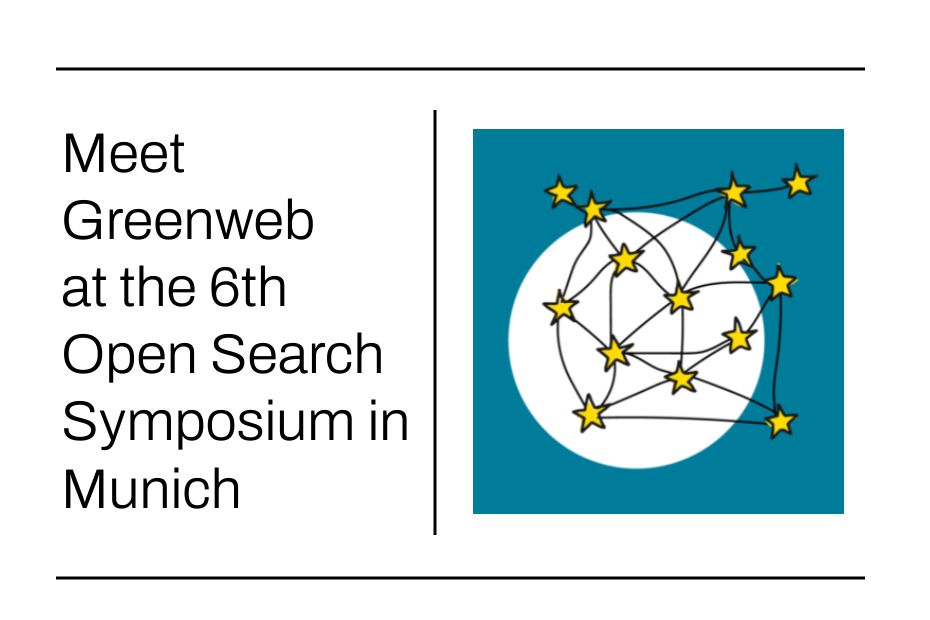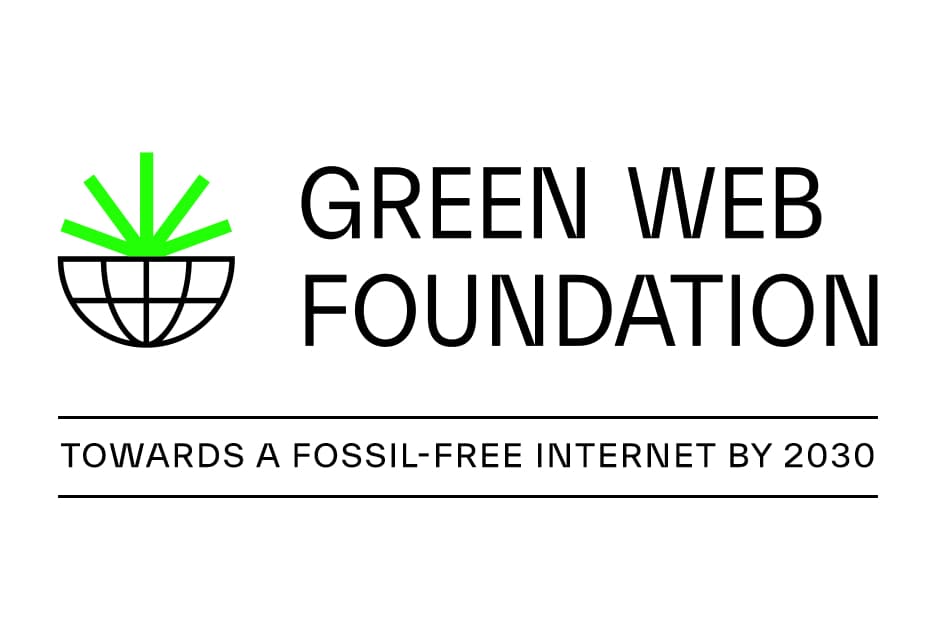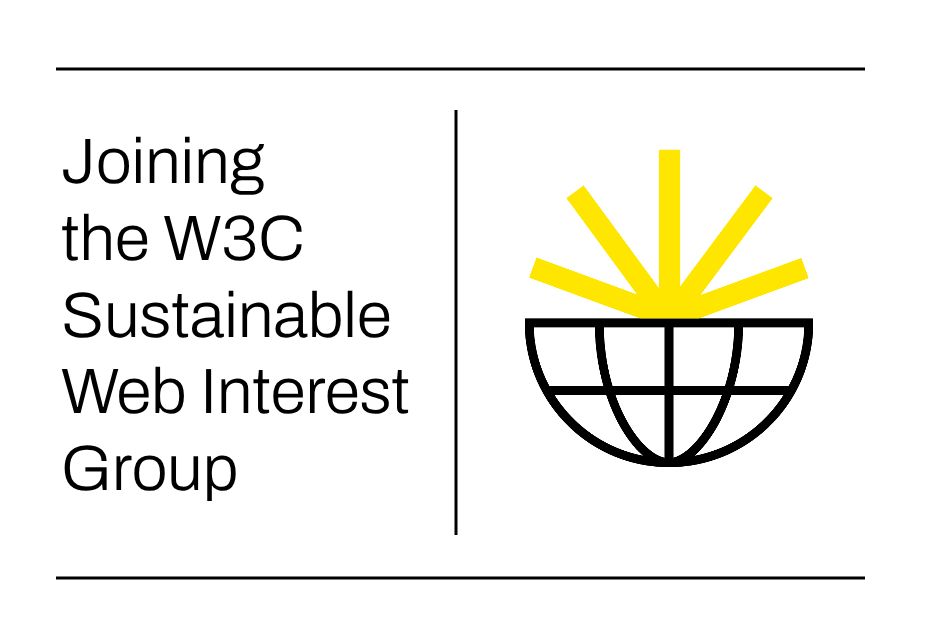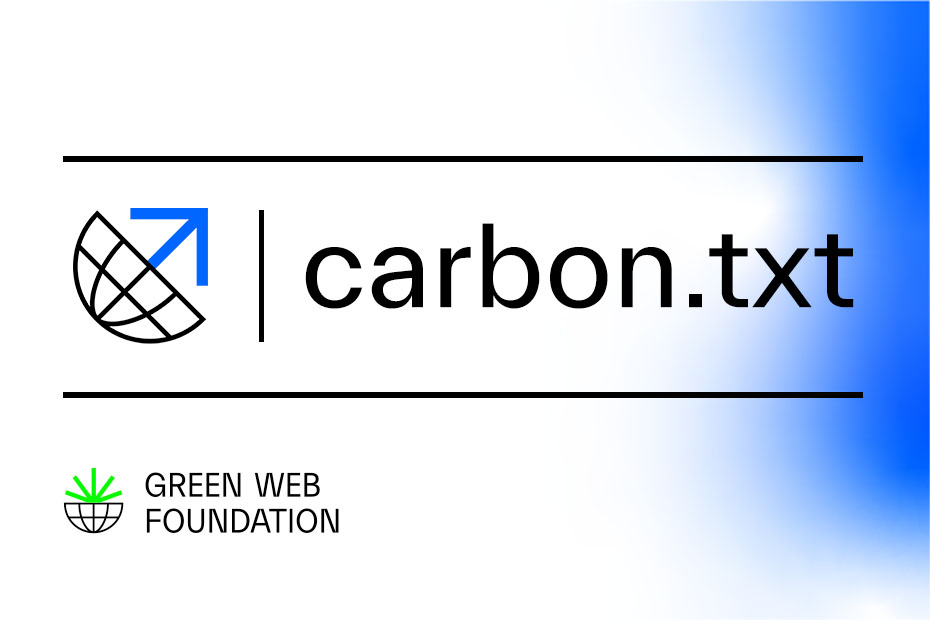In earlier posts, we’ve written about our work with NGI Search on carbon.txt – a project to make sustainability data that will come into the public domain in 2025 as a result of new laws much more discoverable. We are doing this by defining a consistent place for web scrapers and crawlers to look for it. So it makes sense for us to speak to people working in search, who build and maintain this kind of software. Our executive director Chris will be in Munich this October, for the 6th International Open Search Symposium. Read on to find out what it is, and why we’re going.
What is the 6th International Open Search Symposium?
If you’re new to the Open Search Symposium series of events like we are, it might be worth looking at how the Open Search Foundation describe it themselves:
The Open Search Symposium #ossym24 brings together the Open Web Search community in Europe for the sixth time. The hybrid conference provides a forum to discuss and further develop the ideas and concepts of open internet search, search and AI, and related topics in various formats including scientific talks, panels, workshops, demonstrations, student challenges and informal discussion spaces. Participants include researchers, data centres, libraries, policy makers, legal and ethical experts, and society.
So, it’s a place to meet other like-minded souls who care about a more open, democratic and transparent internet. Sounds promising!
Why are we going?
We’re a non-profit dedicated to a fossil free internet, and we see the internet as a global public good. It turns out we’re not alone here. This quote is directly from the Open Search Foundation’s own page:
our goal is to lay the ground for an open, transparent and independent internet search in Europe and beyond – so that Orientation on the WWW becomes a public, transparent and freely available good, and a new variety of search engines and other novel services emerge.
To achieve this, people with different professional backgrounds as well as research institutes and computer centres are working hand in hand at the Open Search Foundation. This cooperation is an important pillar of our work, as is the promotion of research in the field of search engines and raising public awareness.
One of the key ideas behind our new project carbon.txt is to make it much easier to discover the kinds of data coming into the public domain as a result of laws like CSRD in Europe1, the CCDAA in the USA2, the new mandatory Climate Reporting Legislation in Australia3, new climate reporting laws in Singapore4, and many others.
Given that search is one of the main ways people discover data, we’re attending so that we can learn more about what the open search ecosystem looks like. We have recently written extensively about building standalone carbon.txt validators and parsers that can be used in data pipelines, and we want to make it easy for companies that want to surface this new sustainability data in to their software to do so. The Open Search Symposium is a logical place to speak people so we can learn more about doing this.
What is this carbon.txt thing?
Carbon.txt is the new convention we’re looking to establish for online domains, and the image below links to a short deck outlining the big idea. We also have a growing set of blog posts about it, and if you’d like to experiment with parsing or creating carbon.txt files, you can see more on our separate carbon.txt website.
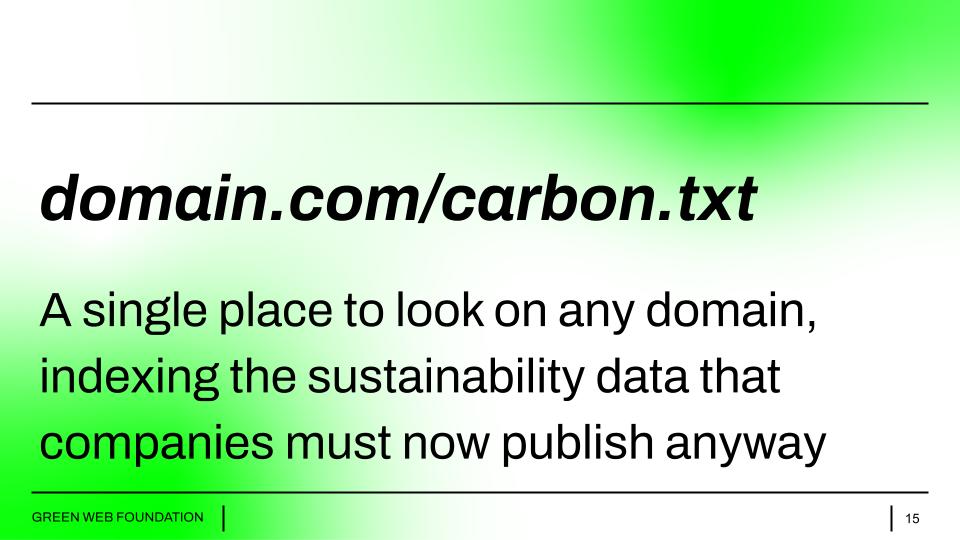
Interested in learning more?
The Open Search Symposium is a hybrid event, so if you can’t make it in person, and you think some of the sessions are interesting you can take part online. If you’re going in person any of this post caught your interest, you can get in touch with Chris via LinkedIn, or through our usual contact form.
- CSRD – Corporate Sustainability Reporting Directive written into national law across Europe in 2024, and coming into effect in 2025 ↩︎
- CCDAA – the Corporate Climate Data Accountability Act, recently passed in California ↩︎
- Climate Reporting Legislation is coming into effect from Jan 2025 in Australia ↩︎
- Singapore has new mandatory climate reporting laws coming into effect in 2025 ↩︎
